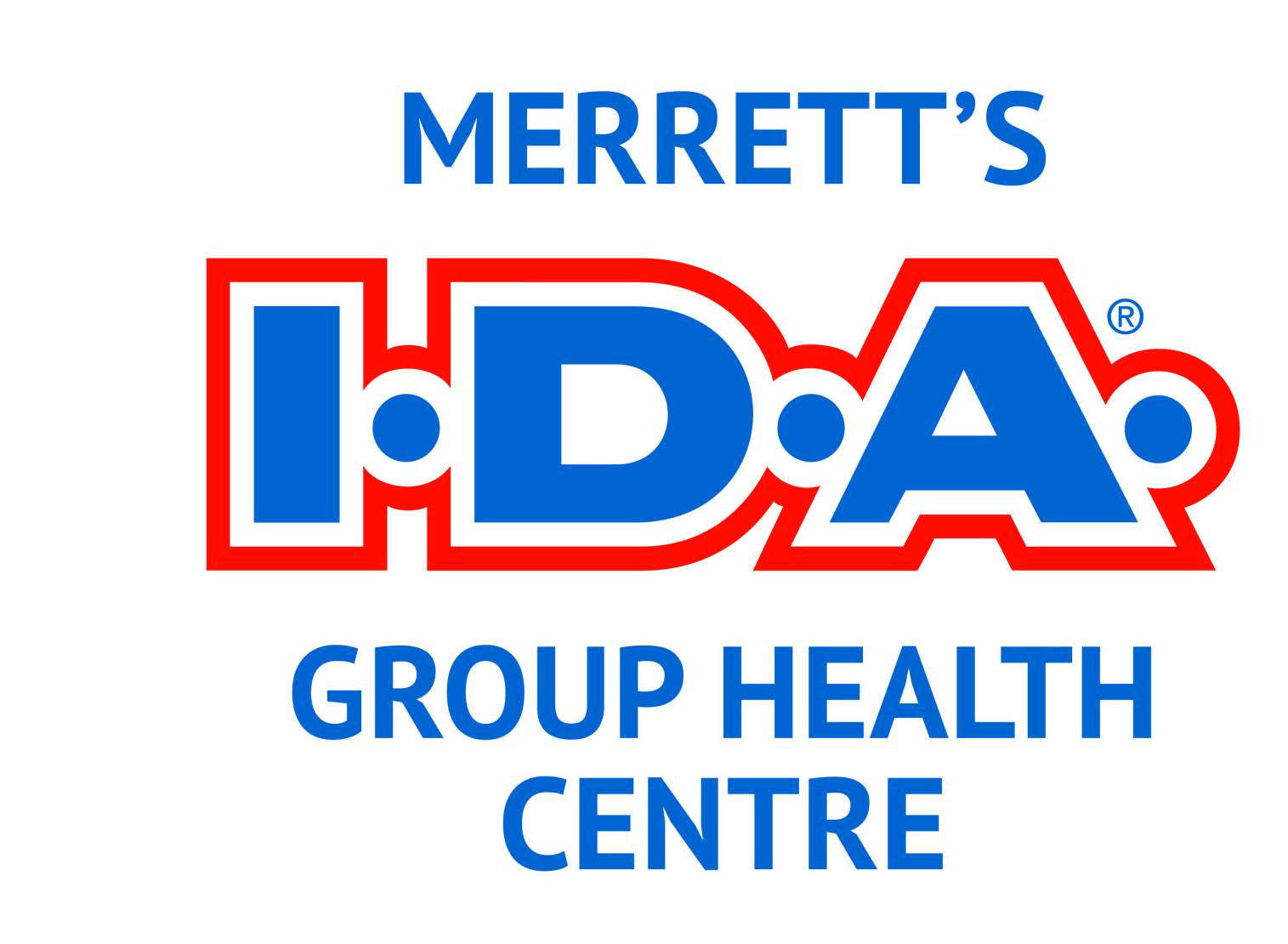Medication & The Sun
MEDICATION AND SUN: WHAT ARE THE RISKS?
If your pharmacist warns you to protect yourself against the sun during your treatment, you should take their warning seriously! Some medicines are said to be photosensitive - they can make your skin more sensitive to sunlight or even trigger an allergic reaction when you go out in the sun. Could this be a form of sun allergy or a sun allergic reaction? Let's find out.
